The Knight Science Journalism Program at MIT boasts over 400 alumni since its founding. That’s a global community of science journalists telling some of the most important stories of our time.
We reached out to this network of professionals and asked them to send us everything you could possibly want to know about both pi and pie. It is a pleasure to bring you this curated list of essential knowledge. From articles to podcasts to Netflix documentaries, this list will enrich your Pi Day with science journalism in all forms.

Math: Putting the π in Pi Day
The field of mathematics brought us pi (an excuse to eat pie in March) and many important insights about life as we know it.
A Most Elegant Equation: Euler’s Formula and the Beauty of Mathematics (book) Leonard Euler is often heralded as the “Mozart of Mathematics,” after discovering the equation ei(pi) + 1 = 0, or “Euler’s Identity.” In this book, David Stipp (’94) strolls through the world of mathematics, revealing the beautiful, magical qualities of numbers and equations.
Math Puzzles’ Oldest Ancestors Took Form on Egyptian Papyrus (article) Pi Day is a great day to crack into a math puzzle. In this article, Pam Belluck (’08) uncovers math puzzles from 3,600 years ago. Funnily enough, a math puzzle scrawled on ancient Egyptian papyrus looks quite familiar to a problem common in math textbooks today.
Trip to Infinity (documentary) Buckle up for a documentary that melds math with some of the deepest questions humans face about our existence. Commissioned and overseen by Jason Spingarn-Koff (‘11), Trip to Infinity promises to be a wild ride.
Dream Job: Stand-Up Mathematician (article) Is math funny? Stand-up comic and mathematician Matt Parker says yes. His proof? He’s made a career out of math jokes. In 2014, Jessica Hamzelou (‘24) interviewed the Australian comedian to find out how he became a stand-up mathematician.
Splinters of Infinity (book) Come for the physics, stay for the drama. Mark Wolverton (‘17) brings readers through the ups and downs of a heated argument between two of America’s foremost physicists. Questions, still unanswered today, about cosmic rays, black holes, and infinity fueled the conflict. Published on March 12, just in time for Pi Day, this book belongs on your reading list.
Pi Day: A Twitter Feed (Twitter thread) What did Dan Falk (‘12) have to say on Pi Day in 2019? This pressing question is answered with a thread of 20+ tweets (published while Twitter was still called Twitter). Prefer your pi facts in short form? Start here.
The Gravity of Math and How Geometry Rules the Universe (book) “Why do mathematical statements, derived solely from logic, provide the best descriptions of our physical world?” It’s a good question, and one that Steve Nadis (’98) and his co-author Shing-Tung Yau try to answer with this book.
Do Humans Have an Innate Sense of Numbers (article) Humans count things. Today you’re probably counting the number of pie slices you’ve had (hopefully it’s many). But is counting human nature? Or is it nurtured? To answer this question, Christoph Drösser (‘94) delves into the cultural origins of counting. (If you can’t read German, make sure your browser is set to translate.)
Math of Fairness (article) Whether intentional or not, decisions that impact many people often result in unfairness. Christoph Drösser (‘94) takes readers on a math fueled journey to evaluate the fairness of decisions from job ad placement to imprisonment. (This one is in German too. If you can’t read German, allow your browser to translate.)
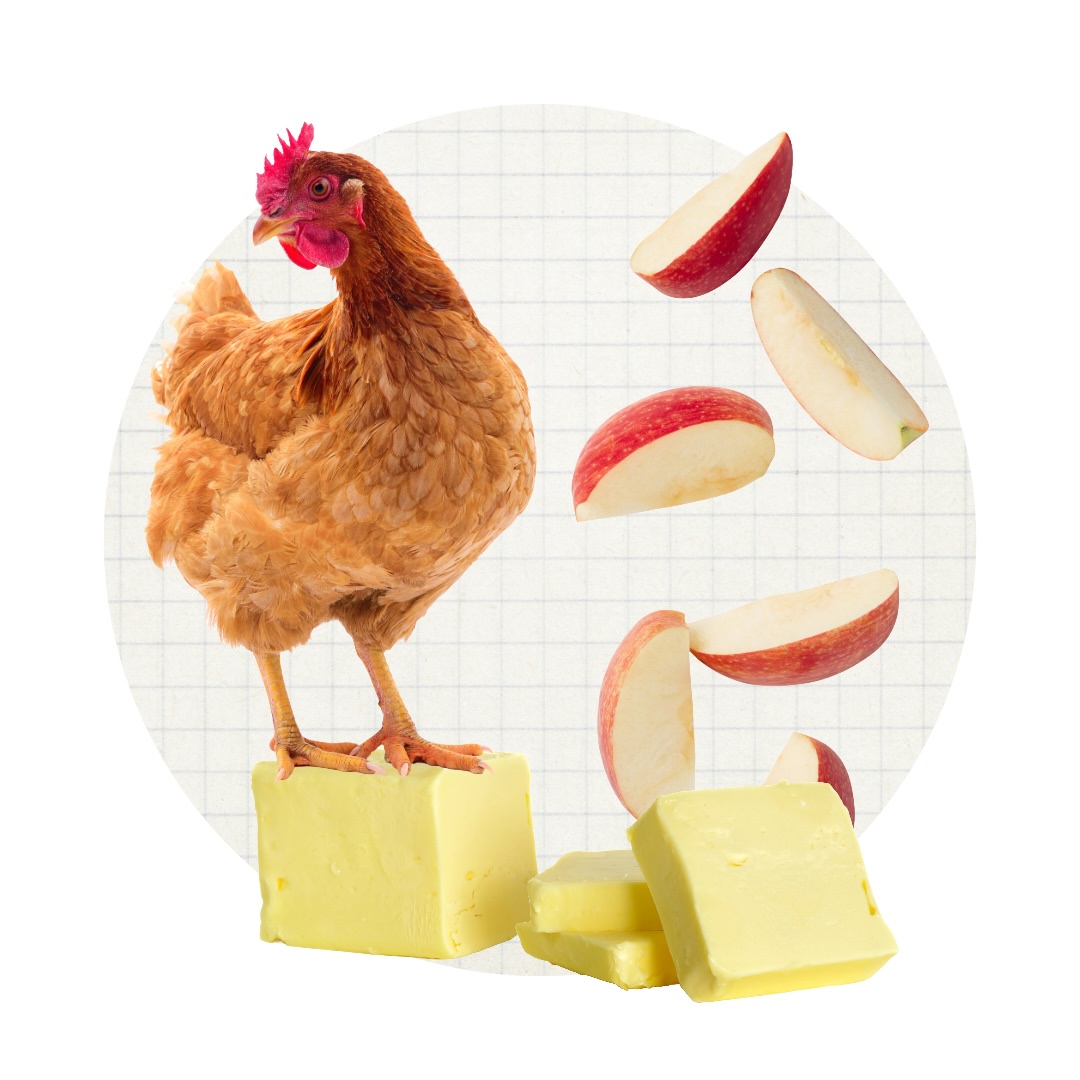
The Science Inside a Pie
Plenty of science goes into a pie filling before the filling goes into a pie. It’s time to talk agriculture, from apples to antibiotics there is a lot to discuss.
Bananas: Greening the Worlds Most Popular Fruit (article) Did you know that bananas are berries (botanically speaking)? Or that some bananas are extinct? Or that lots of bananas are actually clones? Christine Mlot (‘94) wrote this article about bananas in 2004, but most of us are still unaware of this banana science. Time to brush up on banana facts.
Pumpkin Spice Hero: The Thrilling But Tragic True Story of Nutmeg (Gastropod podcast) As much as pumpkin pie centers pumpkins, nutmeg is a key player too. It turns out the history of nutmeg is rife with storms, scurvy, and shipwrecks. The spice is the star of the show in this episode of Gastropod hosted by Cynthia Graber (‘13) and Nicola Twilley (‘21).
The Incredible Egg (Gastropod podcast) Whether you’re baking a quiche or getting into archeology, eggs are important. In this episode of Gastropod, Cynthia Graber (‘13) and Nicola Twilley (‘21) don’t shy away from the famous egg question: “Which came first, the chicken or the egg?” In fact, they may have the answer.
Antidotes for Antibiotic Use on the Farm (article) If you’re picking up ingredients for a chicken pot pie, you’ll come across meat packaging boasting chicken raised without antibiotics. Today, “antibiotic-free” is a mark of quality or “healthy” food products, but how did we get here? Take a trip back to 2010, when Christine Mlot (‘94) wrote about concerns about antibiotic resistance and antibiotic alternatives coming into play.
Better Believe It’s Butter (Gastropod podcast) Some butter is better than other butter. Apparently butter comes in hundreds of flavors and varieties. In a fitting episode for Women’s History Month, Cynthia Graber (‘13) and Nicola Twilley (‘21) connect butter with female entrepreneurship around the world.
The Big Apple Episode (Gastropod podcast) Apple pie is an American classic, but did you know that apples originally came from the mountains of Kazakhstan? In this episode of Gastropod, Cynthia Graber (‘13) and Nicola Twilley (‘21) interview an apple detective and claim we’re in the midst of a cider renaissance.
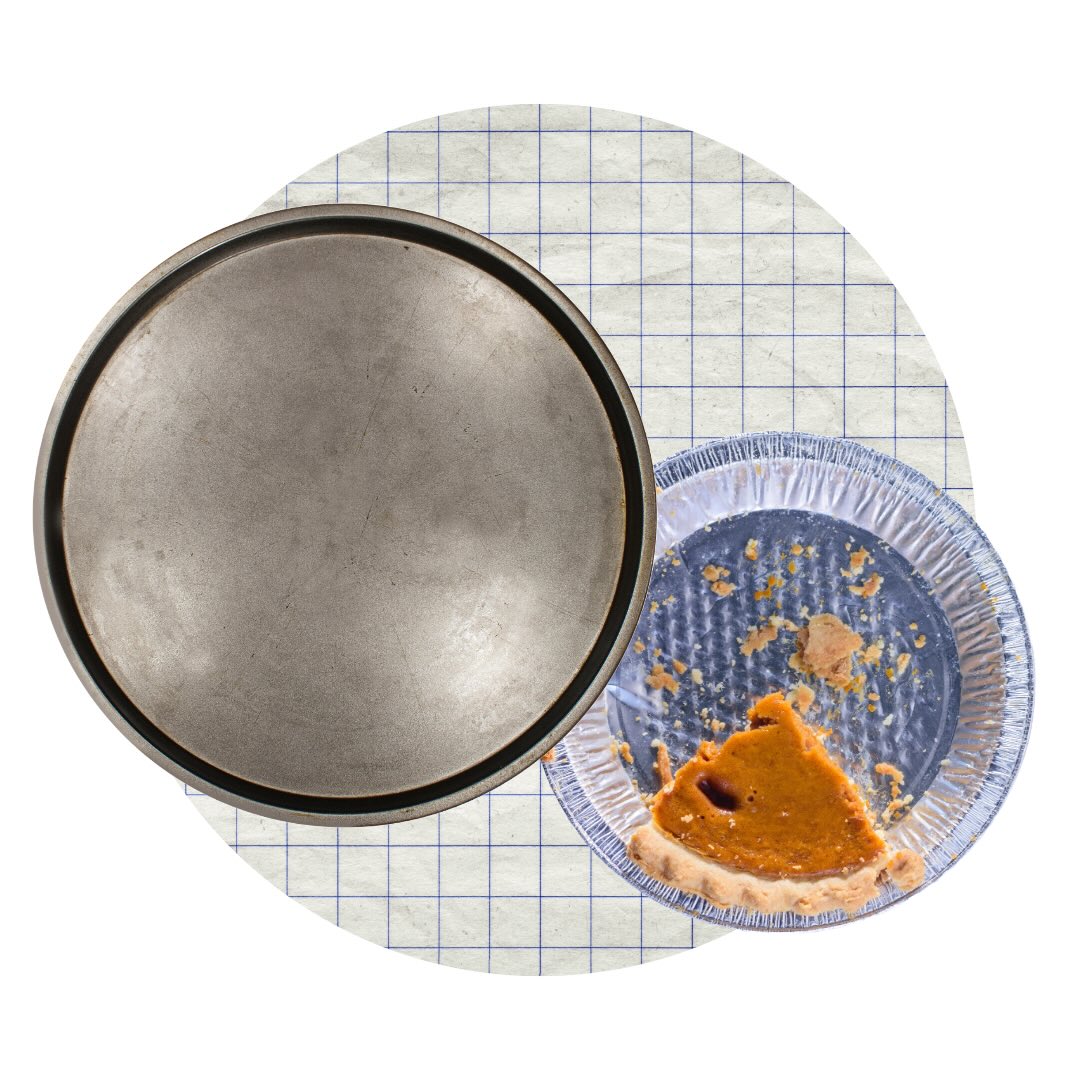
Let Science Cook
The good, the bad, the oven. Savvy reporting on the impact of cooking fuel, plus a hard look at pots and pans.
Cooking Fuel and Cancer in Africa (article) Cooking has health risks, but they often appear in the short term – a burn or an upset stomach. Esther Nakkazi (‘08) took a long view, correlating cooking fuel with cancer rates in the African continent.
Out of the Fire, Into the Frying Pan (Gastropod podcast) If you’re baking a pie, chances are you’re baking it in something. According to Cynthia Graber (‘13) and Nicola Twilley (‘21), “the invention of the pot was, after fire, one of the most important innovations in cooking.” More on the science and history of pots and pans.
Hotbox: The Oven From Turnspit Dogs to Microwaves (Gastropod podcast) A key part of baking is heat. It’s the heat-fueled alchemy of ingredients that makes a pie taste so good. When did humans make the move from open fire to fire in a box? Cynthia Graber (‘13) and Nicola Twilley (‘21) will take you through the twists and turns of the history of ovens, which include a special dog bred to turn roast beef spits.
Gas vs. Electric Stoves: Breaking Down Some Burning Health and Environment Questions (article) Is a gas stove bad for your health? Is it bad for the environment? What is an induction stove? These questions and more are answered by Barbara Moran (‘02).
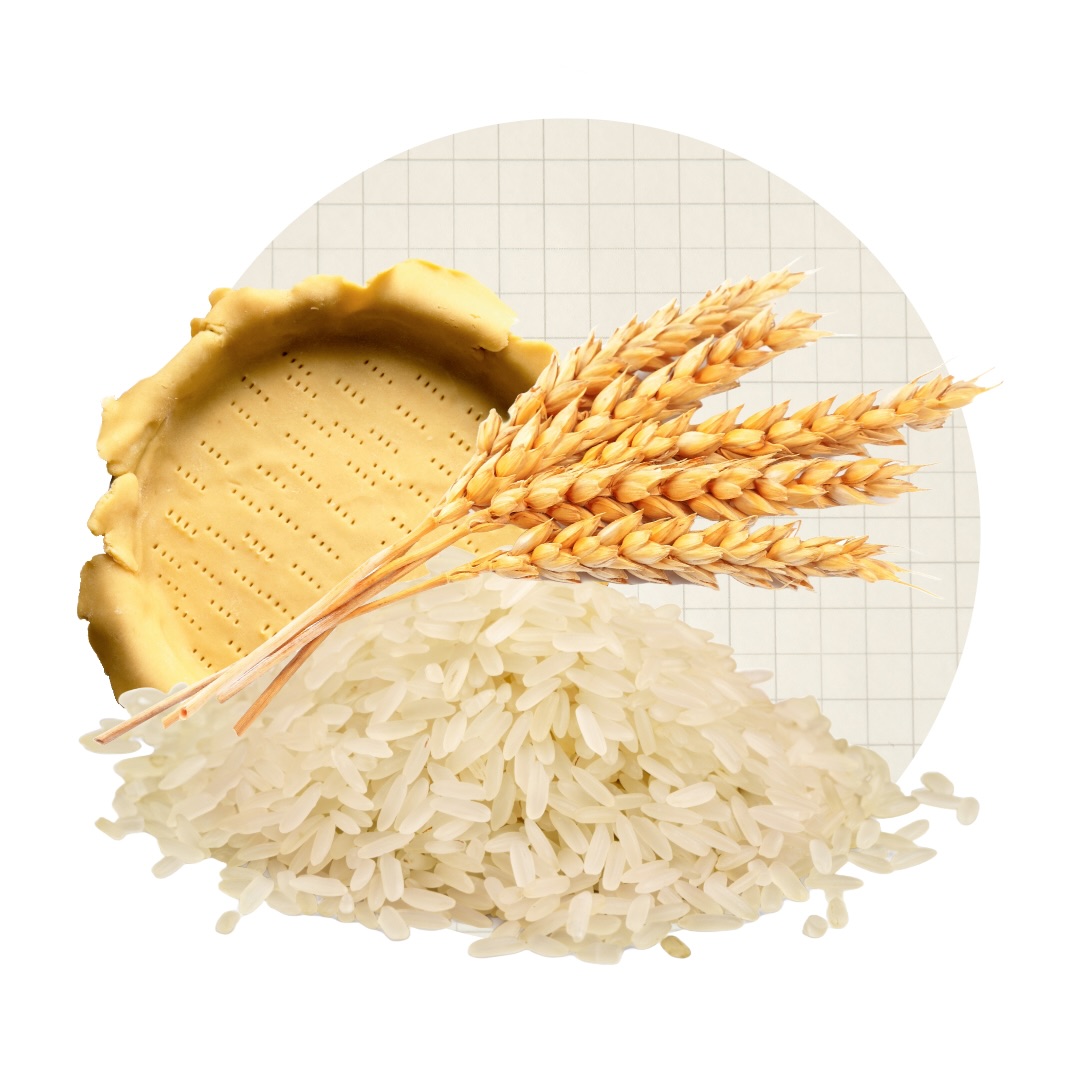
The Science of Pie Crust
Choosing the best pie crust is a science. Luckily, we have the perfect blend of grain information (grainformation?) from around the world.
The Grain That Tastes Like Wheat, but Grows Like a Prairie Grass (article)“Wheat is an annual; it dies every year after it sets seeds, and farmers have to replant it again and again. Kernza lives on, season after season.” Is Kernza the grain of the future? Unlike most of us, after reporting on this topic Madeline Ostrander (‘24) has tried a Kernza pastry and can tell you what it tastes like.
Rice Farming in Kenya (article) In a quest for food sovereignty, farmers in Kenya are trying new hybrid rice varieties. As demand for rice grows in the area, advocates in the country are concerned about relying on imported grain. Kimani Chege (‘08) will take you through the economics of hybrid rice, and the vision that locals have for the future of rice farming.
White vs. Wheat: The Food Fight of the Centuries (Gastropod podcast) The heated debate about white flour vs. whole wheat flour goes back decades. Is one healthier than the other? Cynthia Graber (‘13) and Nicola Twilley (‘21) give a play by play as they follow this scientific and cultural battle over grain.
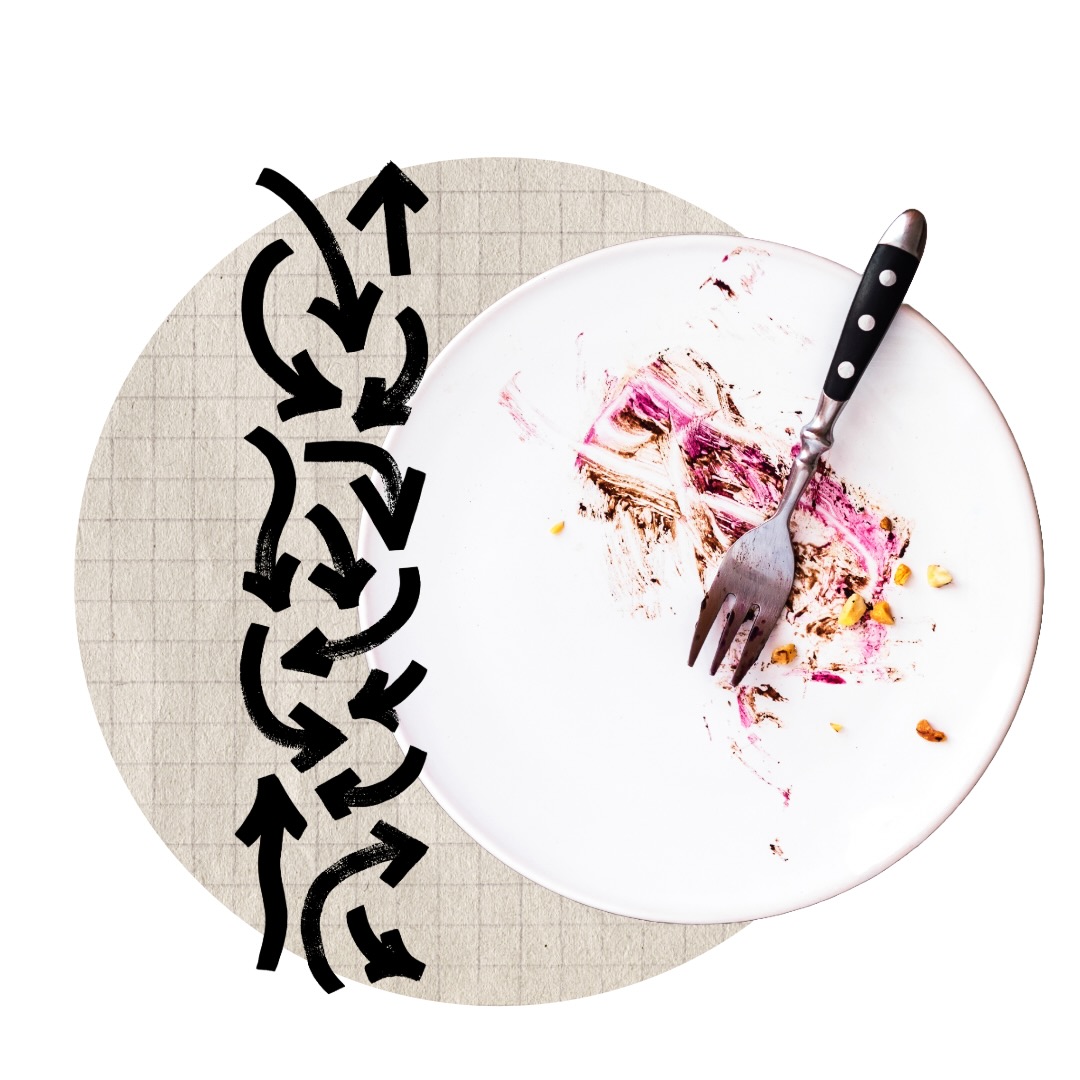
It’s a Circle: Where Food Comes From and Where It Goes
Sourcing food is all about circles. No, not just the shape of oranges or, as we’ve discussed at length, pie. The stories and the science of food are cyclical.
Rotten (documentary series) Jason Spingarn-Koff (‘11) is executive producer of Rotten, a Netflix documentary series that aims to empower consumers by unwrapping some of the most unsavory truths about the food industry.
Dedicated Pacific Northwest Plant Lovers Nurture an Indigenous Food with Ancient Roots (article) The camas lily use to feed much of western North America. Now, very few people recognize this plant as food, let alone know how to cook and eat it. Madeline Ostrander (‘24) visits with community experts hoping to expand use of the camas lily. Of course, the article wouldn’t be complete without a taste test.
Cooked: The Search for Sustainable Eats in New England (article series)Test your knowledge about food and climate science with quizzes, learn some new sustainable recipes, and follow Barbara Moran (’02) as she treks around New England trying to find sustainable ways to eat.
The Truth is in the Tooth: Braces, Cavities, and the Paleo Diet (Gastropod podcast) Now that you’ve baked a pie, how are you going to eat it? In this episode of Gastropod, Cynthia Graber (‘13) and Nicola Twilley (‘21) will give you a lot to chew on, positing that teeth can tell stories about human evolution.
Cape Cod’s ‘Power Couple of Pee-Cycling’ Wants You To Save That Liquid Gold (article) Human urine. Let’s wrap up this list here. Barbara Moran (’02) (who suggested this article be included because “pee” sounds like the letter “P” and that letter is in “pie” and “pi”) takes on the taboo topic of urine diversion. Cape Cod has a septic tank problem, and the nitrogen leeching out of the septic tanks transfers that problem to the waterways. What if the urine (a major source of septic nitrogen) never went into the septic tank?
Grab a Slice on Your Way Out
Of course, we’d love to send you off with a plate of pie, but the internet doesn’t work like that. Instead, feast your eyes on these delicious looking pies created by KSJ fellows past and present.
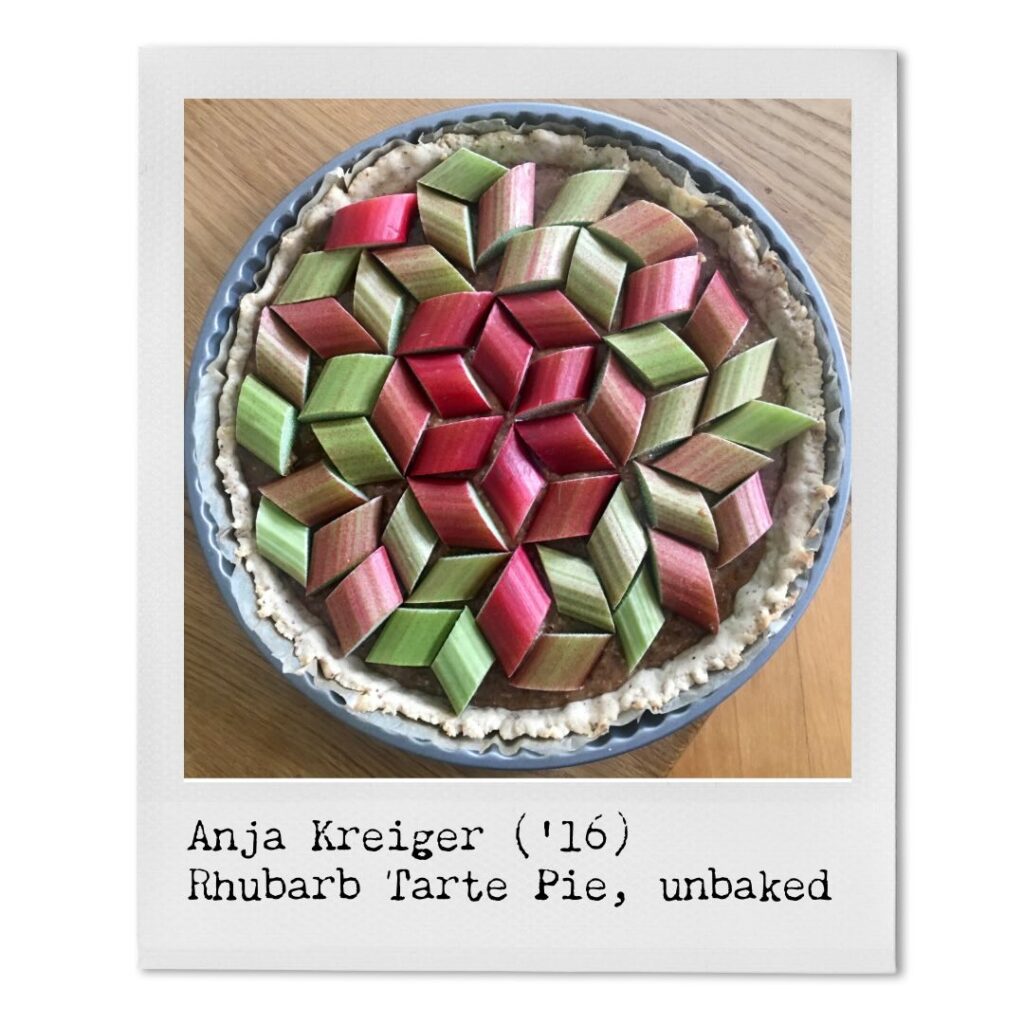
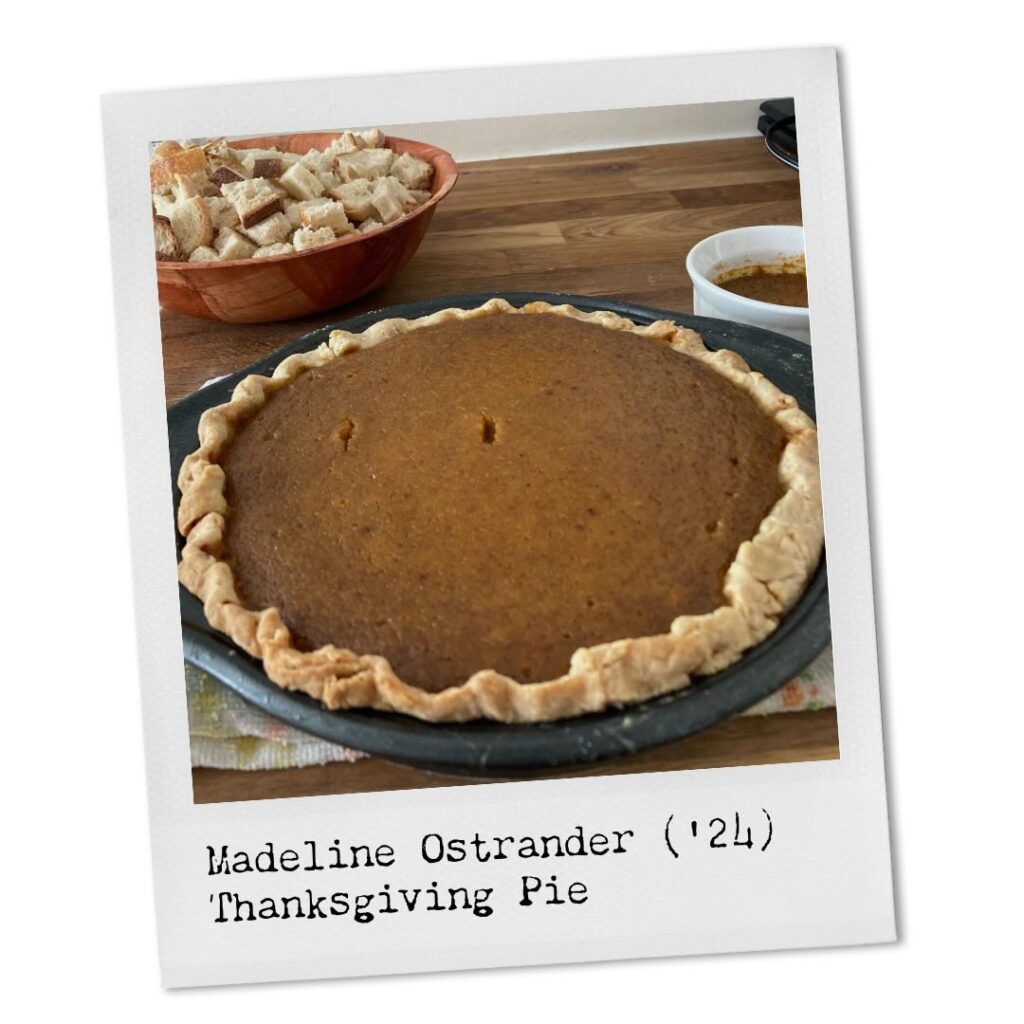
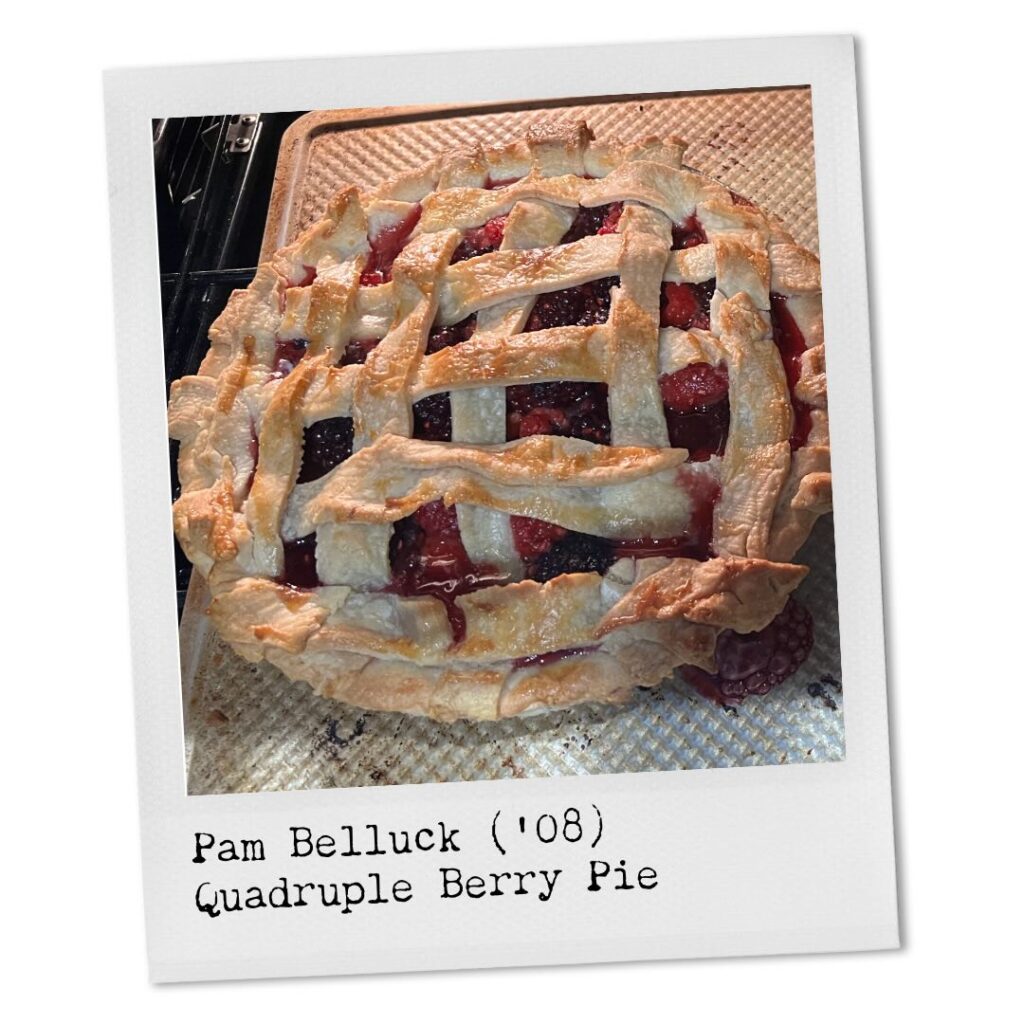
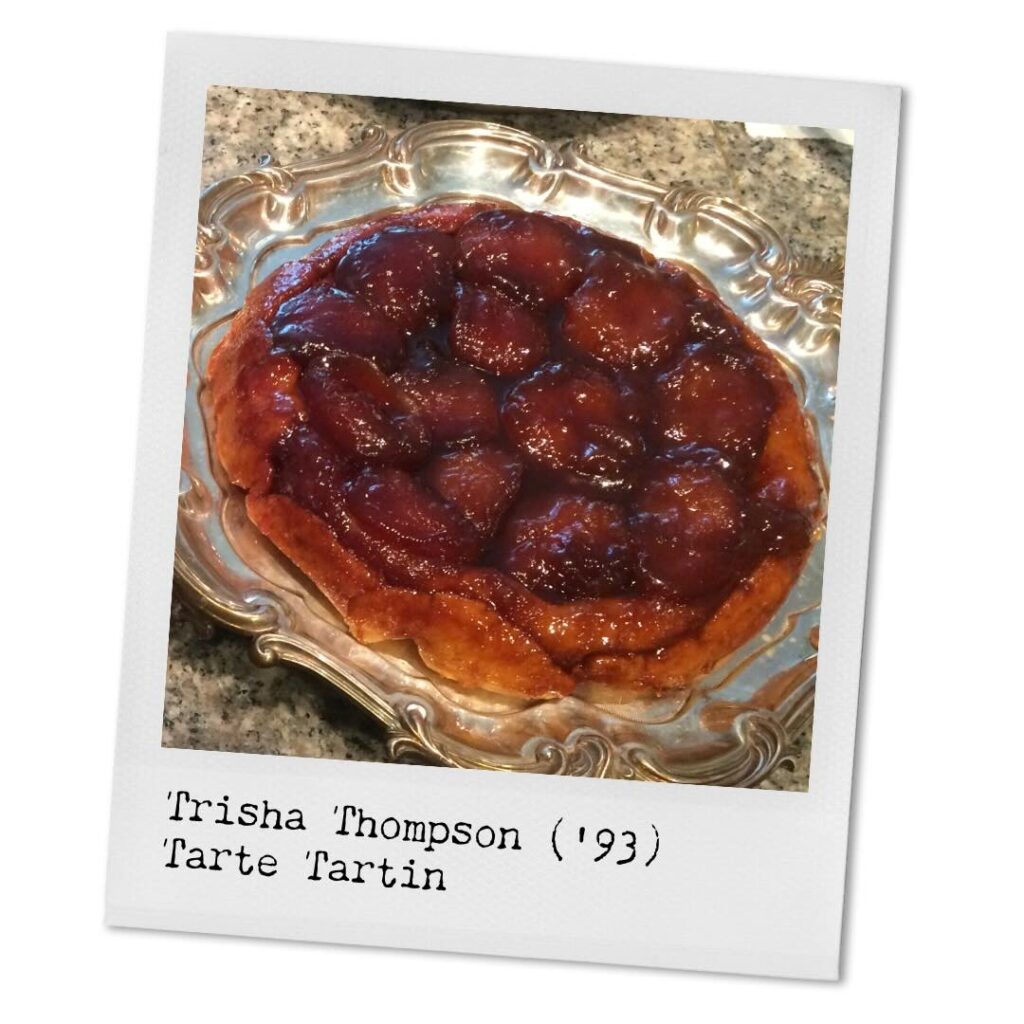
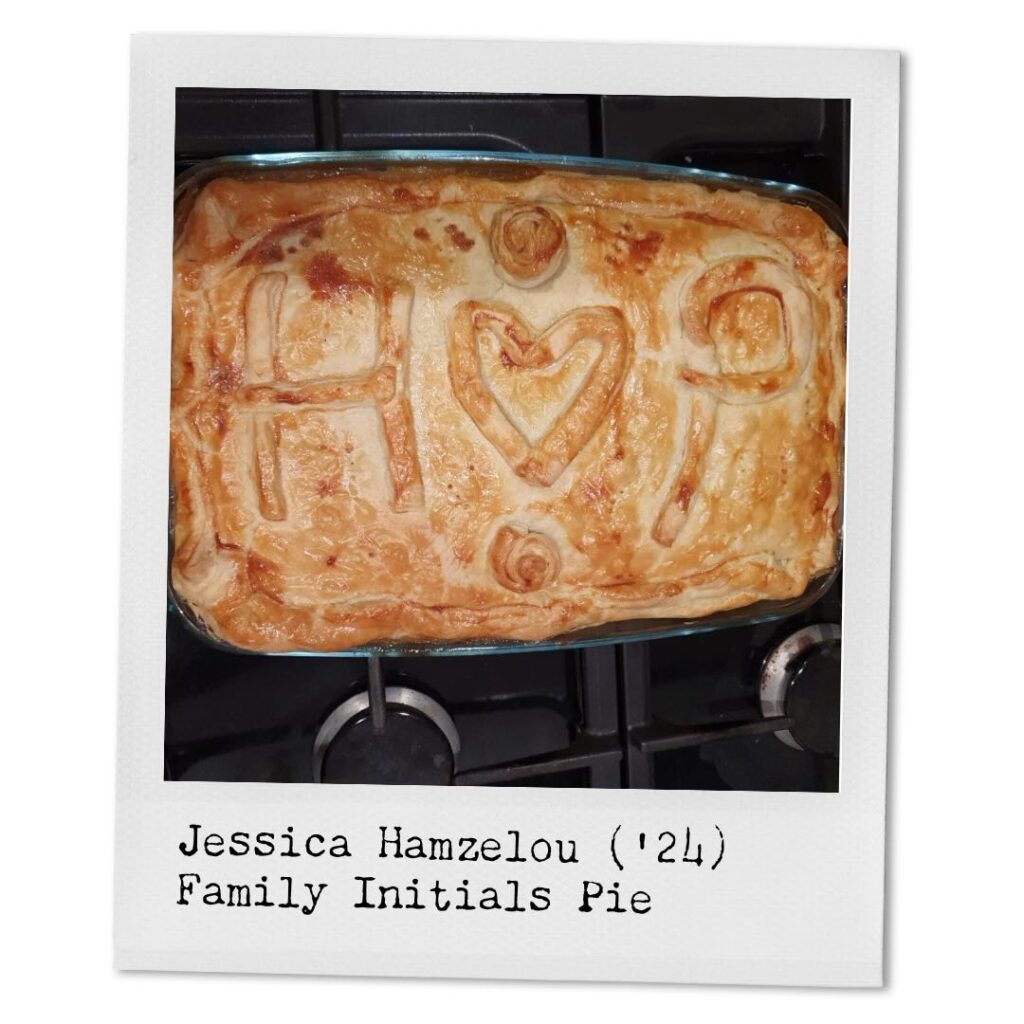




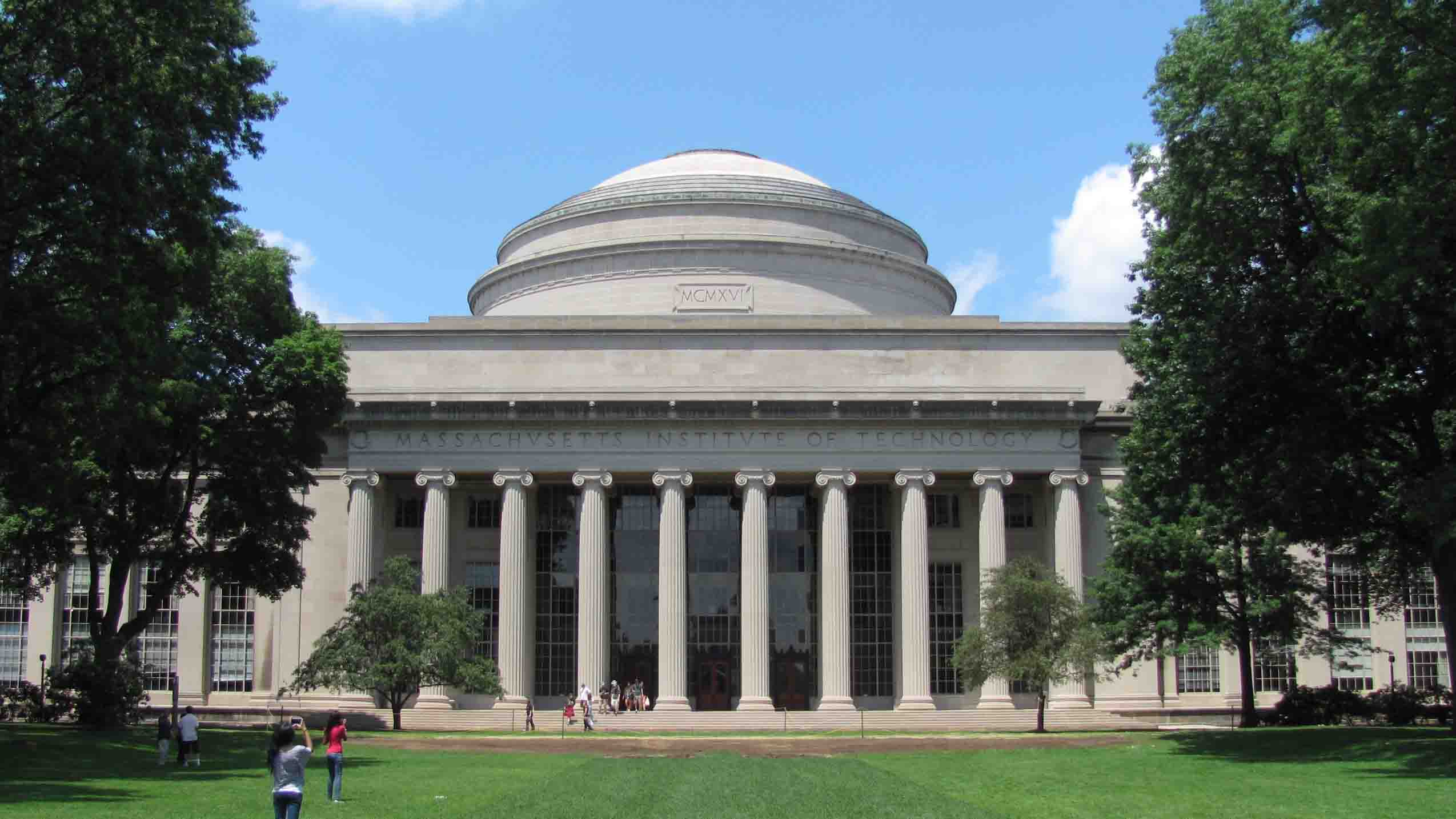
Those pies look sooooo goooood.